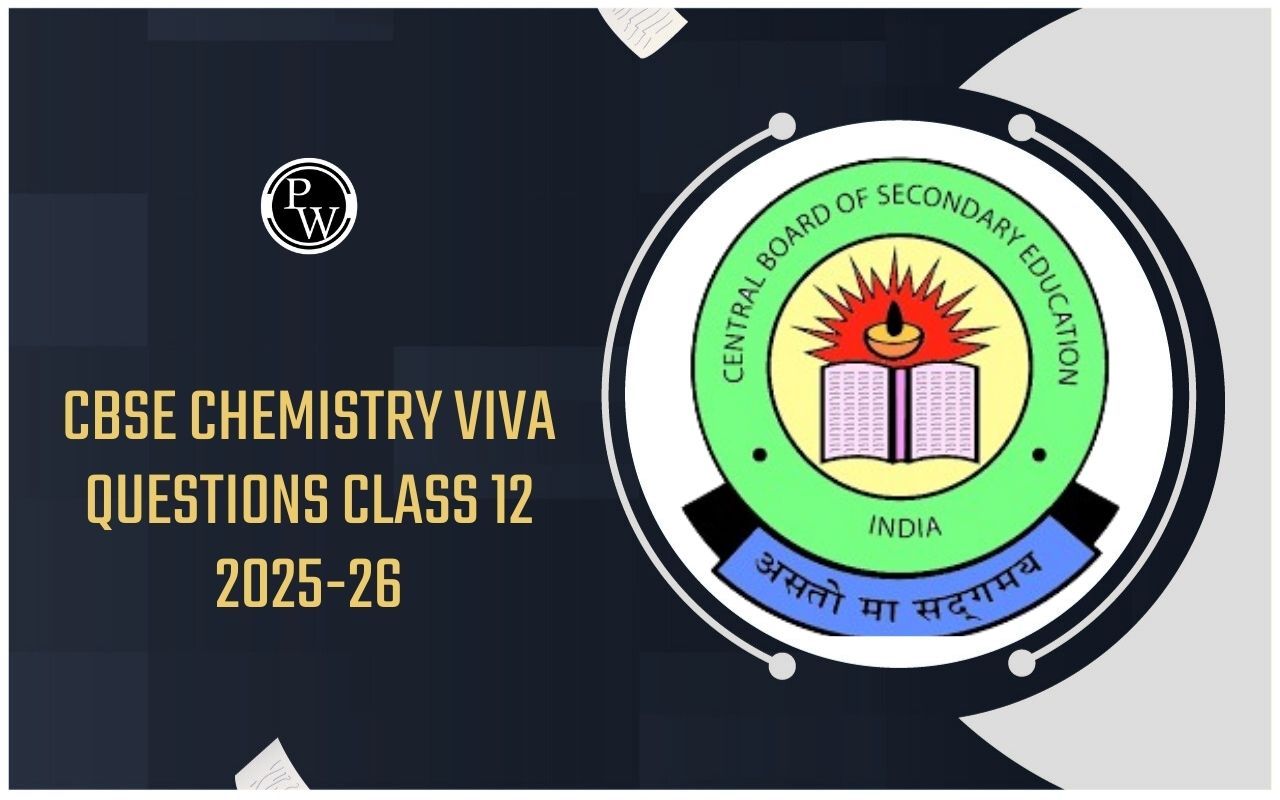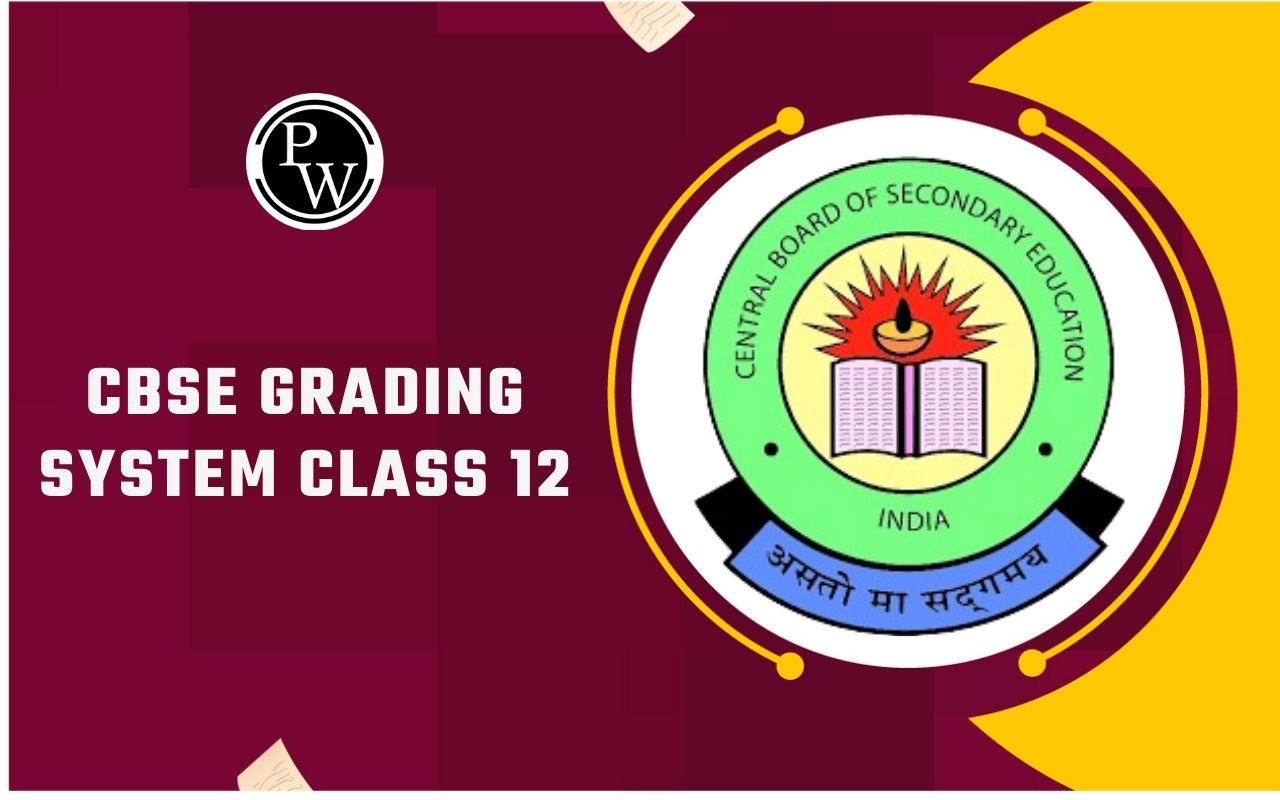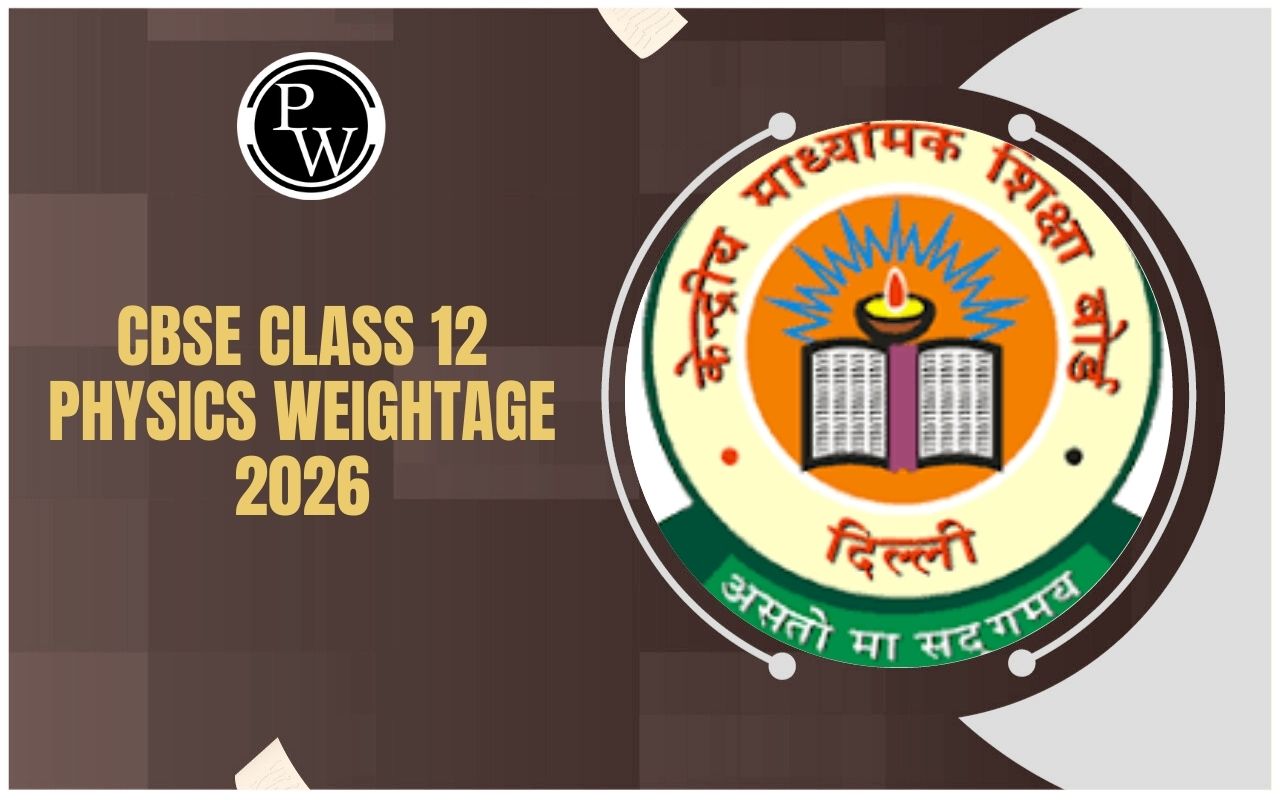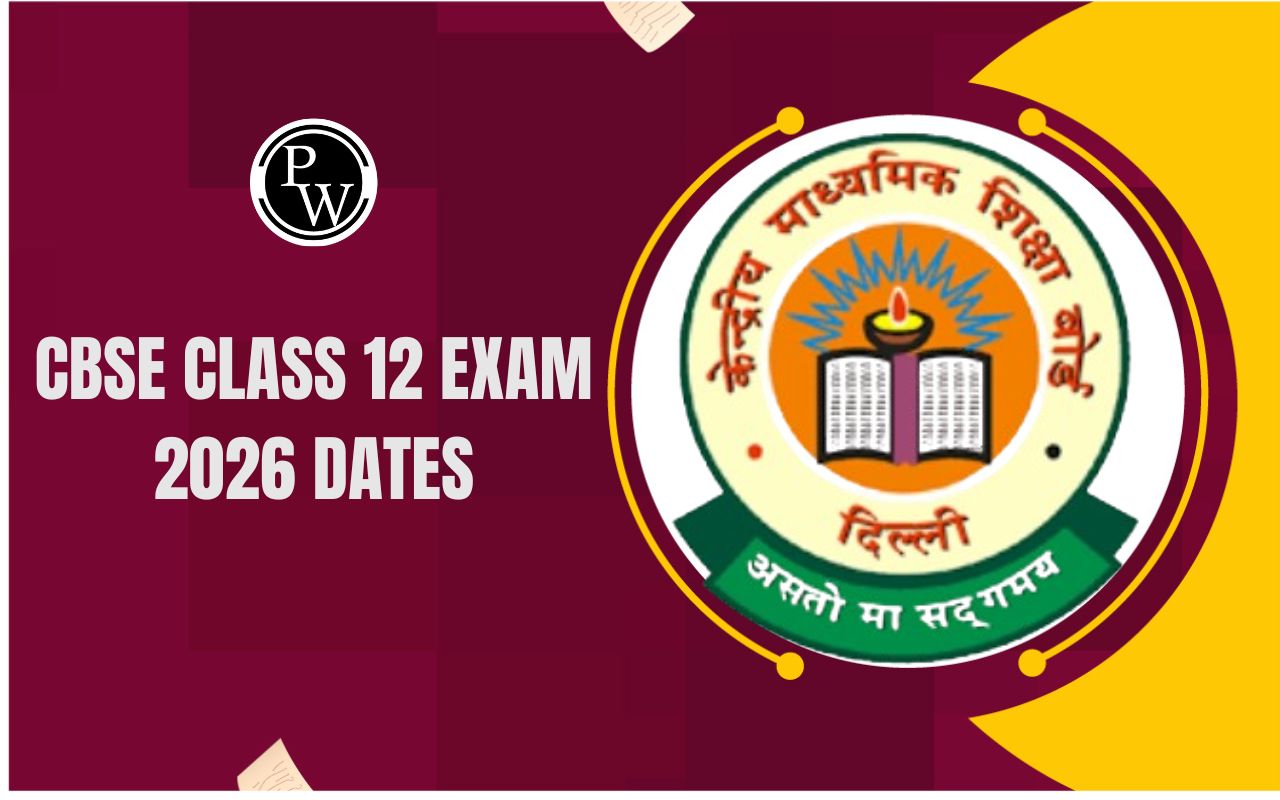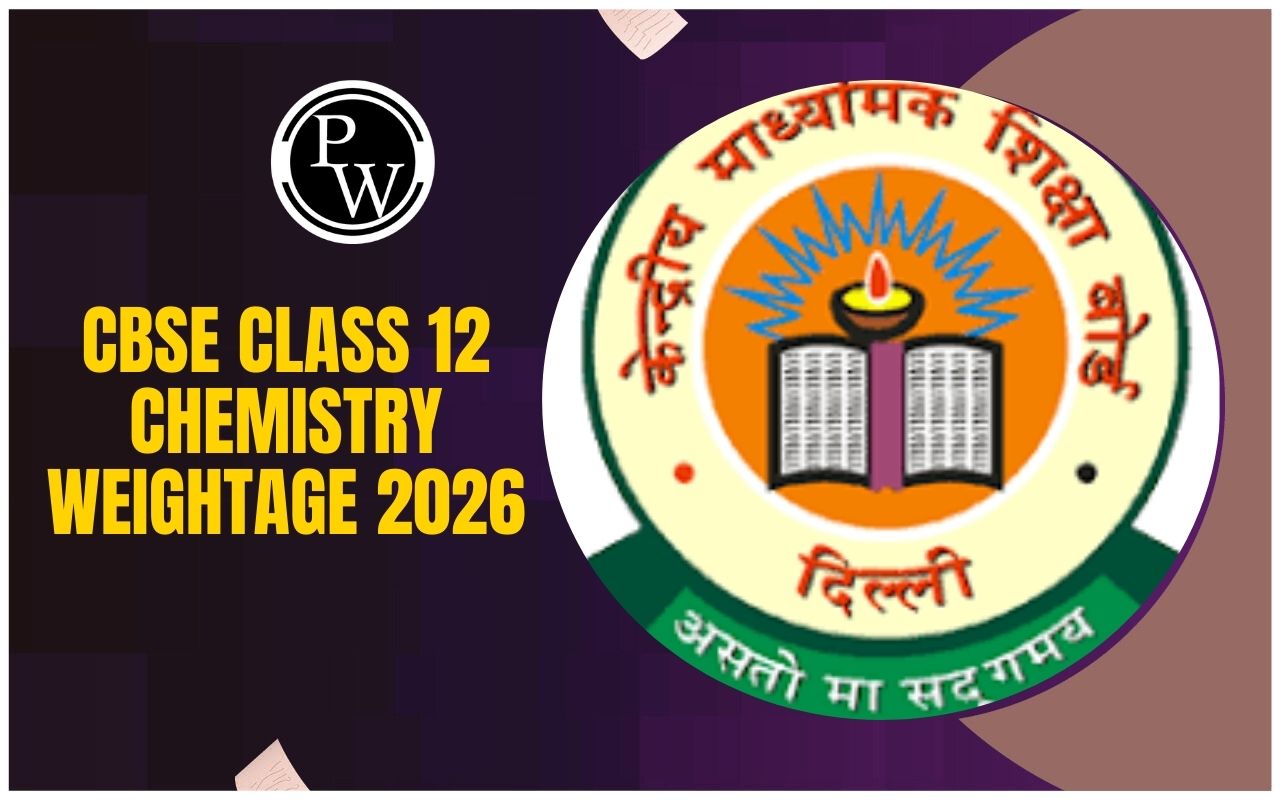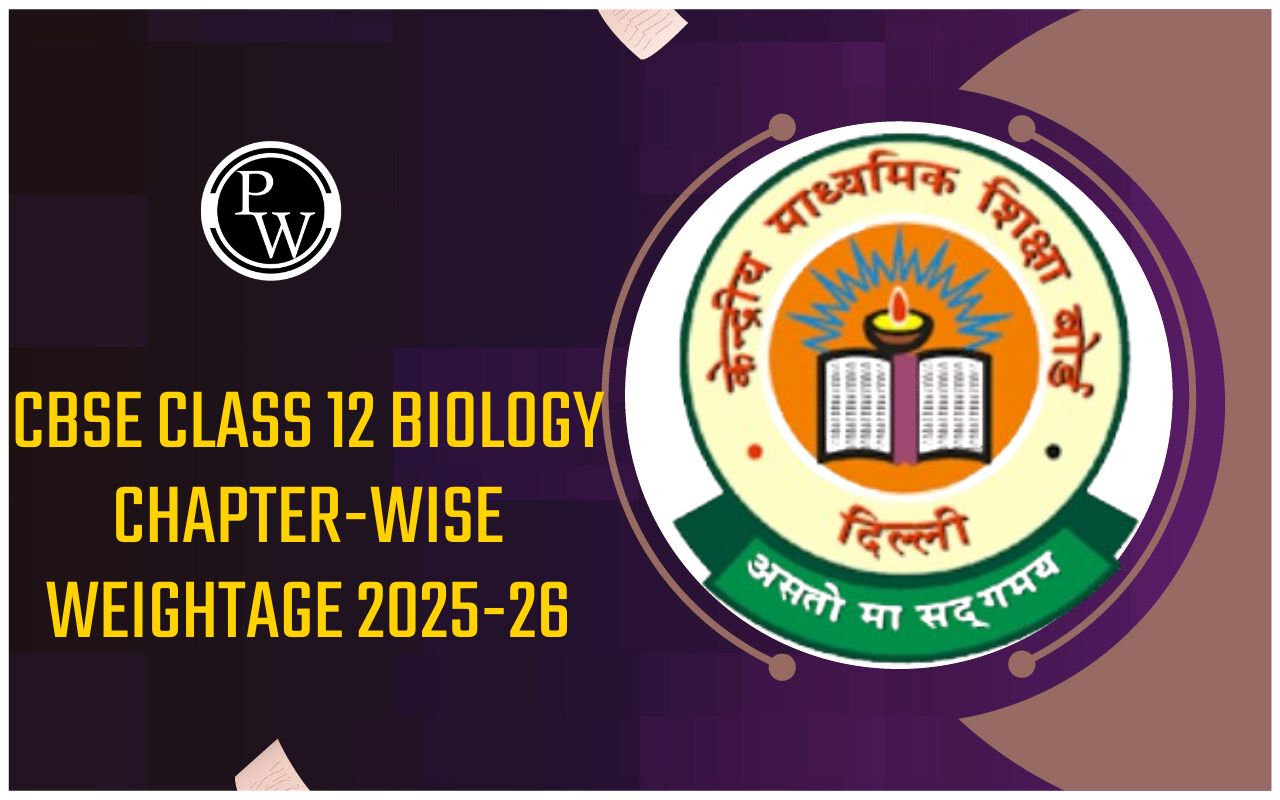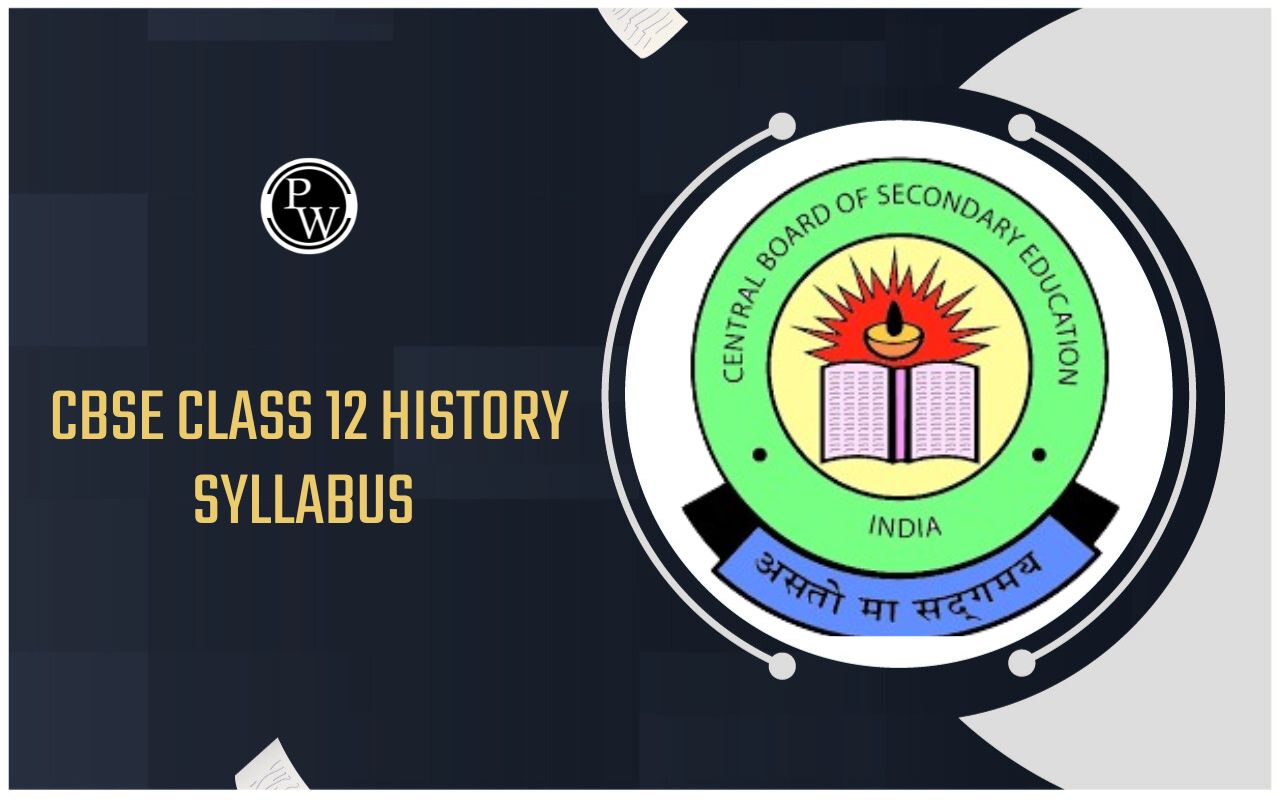
Failing an exam doesn't define your future—how you rise after it does. If you're preparing for the Class 12 compartment exam in Physics or Chemistry in 2025, these 20 days can be your turning point.
With limited time and high pressure, it’s important to study smart, not just hard. A focused plan, the right resources, and a confident mindset can help you cover key concepts, revise effectively, and boost your performance.
A subject-wise strategy can help you make the most of these crucial 20 days and come out stronger.
How to Study Class 12 Physics, Chemistry in 20 Days for Compartment Exam
Didn’t pass CBSE Class 12 Physics or Chemistry on your first attempt? It’s okay—the compartment exam is your second chance, and 20 days are enough to make a strong comeback if you plan smartly.
Whether it’s weak concepts, missed topics, or exam pressure that holds you back, this guide will help you overcome those obstacles and focus on what matters most.
Let’s break down how to study Physics and Chemistry in 20 days effectively, with a clear strategy, day-wise plan, and practical tips.
20-Day Study Plan for Physics and Chemistry
Here’s a practical and easy-to-follow 20-day study plan designed to help you cover all the topics in Class 12 Physics and Chemistry for the 2025 compartment exam. Stick to this schedule with discipline and confidence to make the most of your time.
|
20-Day Study Plan for Physics and Chemistry |
||
|
Days |
Subject |
Focus Area |
|
Day 1–2 |
Physics + Chem |
Analyze syllabus, list weak topics |
|
Day 3–8 |
Physics |
Revise theory + practice derivations |
|
Day 9–14 |
Chemistry |
Focus on reactions, numericals, name rxns |
|
Day 15–17 |
Mock Tests |
Solve full-length papers (alternate days) |
|
Day 18–19 |
Weak Revisions |
Revisit difficult chapters and formulas |
|
Day 20 |
Light Revision |
Flashcards, rest, stay positive |
Physics Preparation (Days 3–8)
These six days are crucial to build a strong grip on important Physics concepts, formulas, and derivations. Focus on NCERT-based questions, revise key topics daily, and practice numericals to boost your accuracy and speed.
Focus on These Topics:
-
Current Electricity
-
Ray Optics & Wave Optics
-
Magnetic Effects of Current
-
Dual Nature of Matter & Atoms
-
Nuclei
-
Communication Systems (easy and scoring)
Tips to Study Physics:
-
Most questions in the compartment exam are directly from NCERT.
-
Practice derivations daily. Understand the logic, don’t just memorize.
-
Make a formula sheet and revise it twice daily.
-
Practice drawing and labeling neat diagrams.
-
Solve 5–10 numericals per day from each chapter.
-
Use CBSE Class 12th previous year papers and compartment-specific questions for practice.
Chemistry Preparation (Days 9–14)
These six days should be dedicated to mastering both Organic and Inorganic Chemistry, along with essential numericals from Physical Chemistry. Focus on NCERT, write and revise reactions, and practice past questions daily.
Focus on These Topics:
-
Electrochemistry
-
Chemical Kinetics
-
p-Block and d-Block Elements
-
Coordination Compounds
-
Haloalkanes and Haloarenes
-
Alcohols, Aldehydes, and Carboxylic Acids
-
Biomolecules & Polymers (short and high scoring)
Tips to Study Chemistry:
-
Read every line carefully—underline key definitions and reactions.
-
Prepare a notebook for name reactions and conversions.
-
Focus on mechanisms, IUPAC naming, and reaction conditions.
-
Practice questions on molarity, rate law, and Nernst equation.
-
Memorize group trends, structures, and reactions.
-
Solve past Chemistry compartment papers to understand patterns.
How to Study Class 12 Physics, Chemistry in 20 Days for Compartment Exam FAQs
Is 20 days enough to prepare for Class 12 Physics and Chemistry compartment exams?
Should I study both subjects in a single day or alternate days?
Which books should I use for compartment exam preparation?
What topics should I focus on in Physics?
How should I revise Chemistry in less time?

